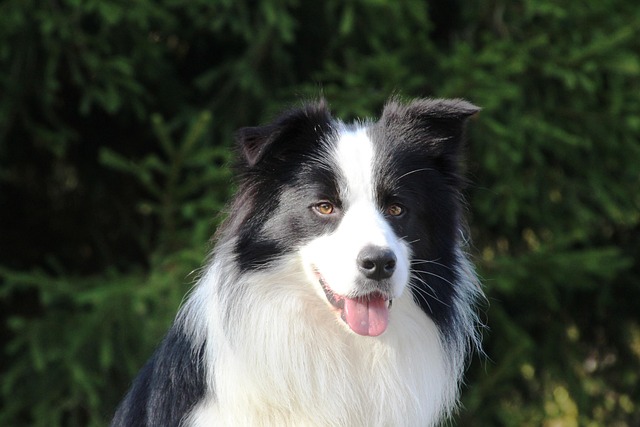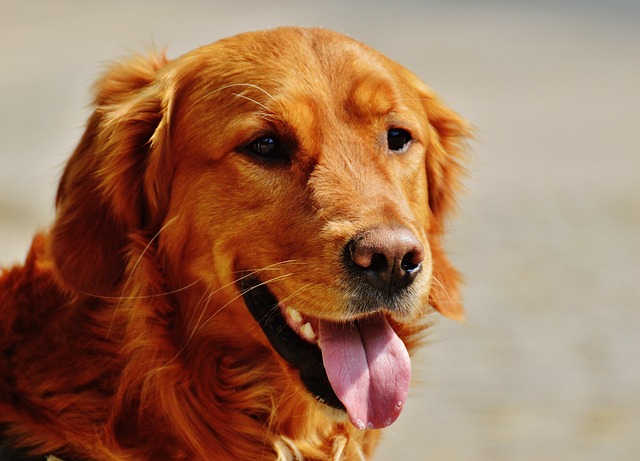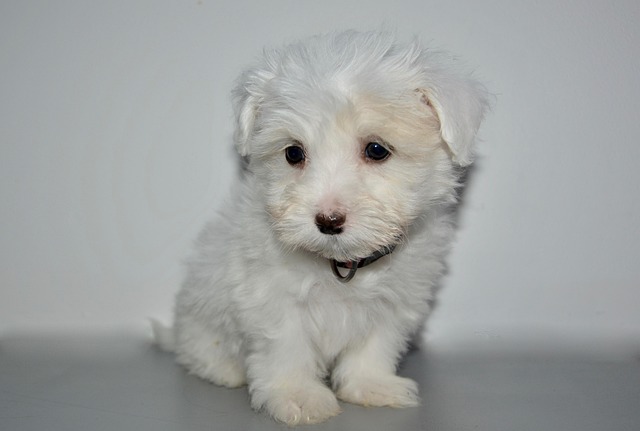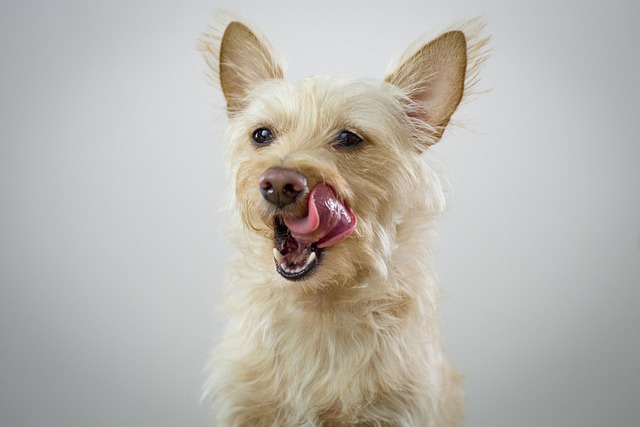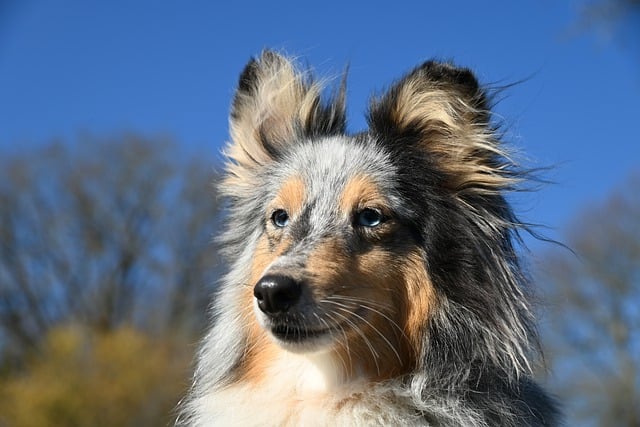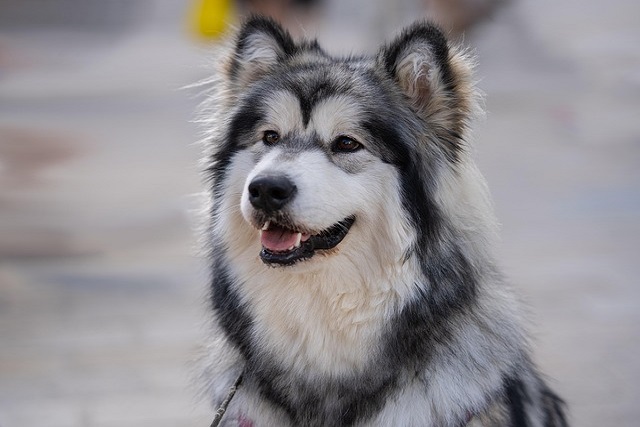When the furry little ball stumbles into our lives, its wet eyes and wobbly tail can instantly melt the hearts of every owner. However, while enjoying the joy of a new life, a series of parenting problems follow. Among them, how to potty train a 3-month-old puppy has become a problem for many novice owners. Facing this tender little life, we are worried that premature training will put pressure on it, and we are afraid of missing the best training time. We are full of doubts: Can a 3-month-old puppy really complete potty training?
3-month-old puppies are in a critical stage of rapid development. From a physiological point of view, their urinary and nervous systems are still being improved. Generally speaking, puppies at this stage have a smaller bladder capacity and limited ability to control defecation and urination. Compared with adult dogs, they cannot hold back their urine and feces for a long time, and need to defecate every 1-2 hours on average. But this does not mean that they are not capable of toilet training. At this time, the brain development of puppies has reached a certain level, and they begin to perceive and understand changes in the surrounding environment. They also have certain learning and memory abilities, which lays the foundation for toilet training.
In fact, 3 months old is the golden period for toilet training for puppies. Puppies at this stage are like a blank sheet of paper, full of curiosity and desire to explore, highly receptive to the owner's instructions, and have not yet formed bad excretion habits. If you miss this stage and let the puppies defecate at will, over time, they will easily develop fixed wrong excretion habits, which will be more difficult to correct later.
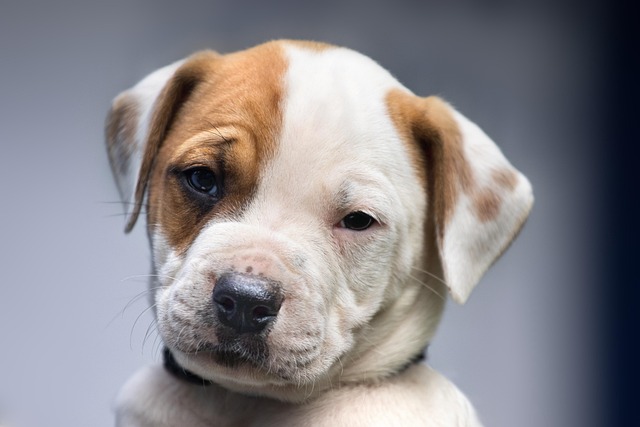
When conducting toilet training, the owner needs to fully understand the physiological laws and behavioral characteristics of puppies. Usually, puppies often have the need to defecate after eating, drinking, waking up, and playing. Careful owners can capture these signals by observing the behavior of puppies, such as when they start to sniff and circle on the ground, or suddenly stop playing and look around, which are all manifestations of wanting to defecate. Once these signs are found, the owner should quickly and gently guide the puppy to the designated defecation area.
The choice of the designated defecation area is also very particular. It can be the balcony, bathroom, or corner of the urine pad at home, or it can be a fixed lawn area outdoors. No matter where you choose, keep the environment quiet and clean, and avoid too much interference. At the same time, let the puppy get familiar with the smell of this area, such as leaving some of the puppy's urine on the urine pad to help them establish the cognition that "this is the defecation place".
In the training process, positive motivation is the key. When the puppy finishes defecation in the designated area, the owner should immediately give enthusiastic praise, praise it in a gentle and excited tone, and use delicious snacks as rewards. This timely positive feedback will make the puppy associate defecation in the designated area with a pleasant experience, thereby strengthening the correct behavior. On the contrary, if you find that the puppy defecates in the wrong place, you must not scold loudly or physically punish it, because this will make the puppy feel scared and confused, and may even cause them to choose to hide their excrement out of fear, or secretly defecate in a place where the owner cannot see, increasing the difficulty of training. The owner only needs to quietly clean up and eliminate the smell to prevent the residual smell from attracting the puppy to defecate in the same place again.
In addition, a regular life and work schedule is also crucial for toilet training. Setting a fixed diet, sleep and activity schedule for puppies can help them form a stable physiological rhythm and make it easier for the owner to predict their defecation time. For example, feed them at regular times and quantities every day, take the puppies to the designated area to defecate about half an hour after meals; set a fixed sleep time every day, and guide the puppies to the defecation site as soon as they wake up.
It is inevitable to encounter setbacks during training. Puppies may frequently defecate incorrectly. At this time, the owner's patience and persistence are particularly important. Each puppy has different learning ability and adaptation speed. Some may master it in a few days, while others may take several weeks or even longer. We must understand and accept the growth rhythm of puppies, and regard every training as an opportunity to build trust and enhance feelings with them. In this process, we not only teach puppies how to use the toilet correctly, but also establish a deep emotional bond with them through day-to-day companionship and guidance.
When we saw the once ignorant puppy finally able to consciously go to the designated area to defecate and wait for our praise with proud eyes, all the hard work and efforts turned into full of comfort and touching. The 3-month-old puppy was not only able to complete toilet training, but also grew up with the owner in the process and learned how to integrate into our lives. We also gained endless warmth and happiness in the process of taking care of it.
